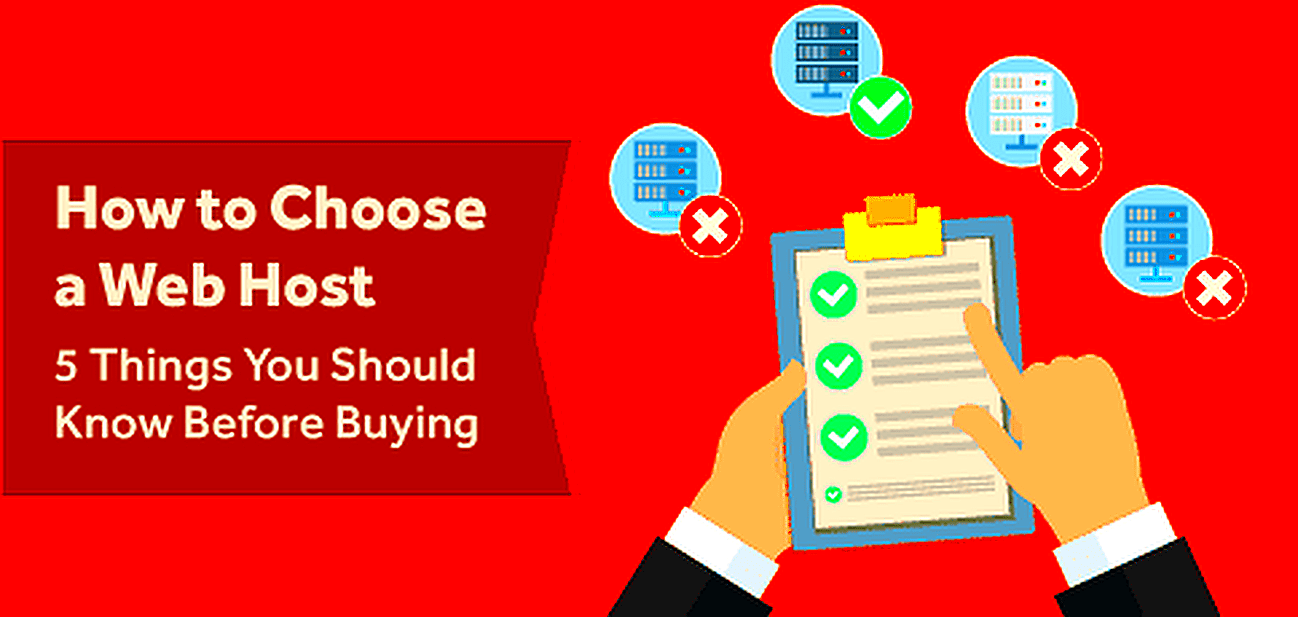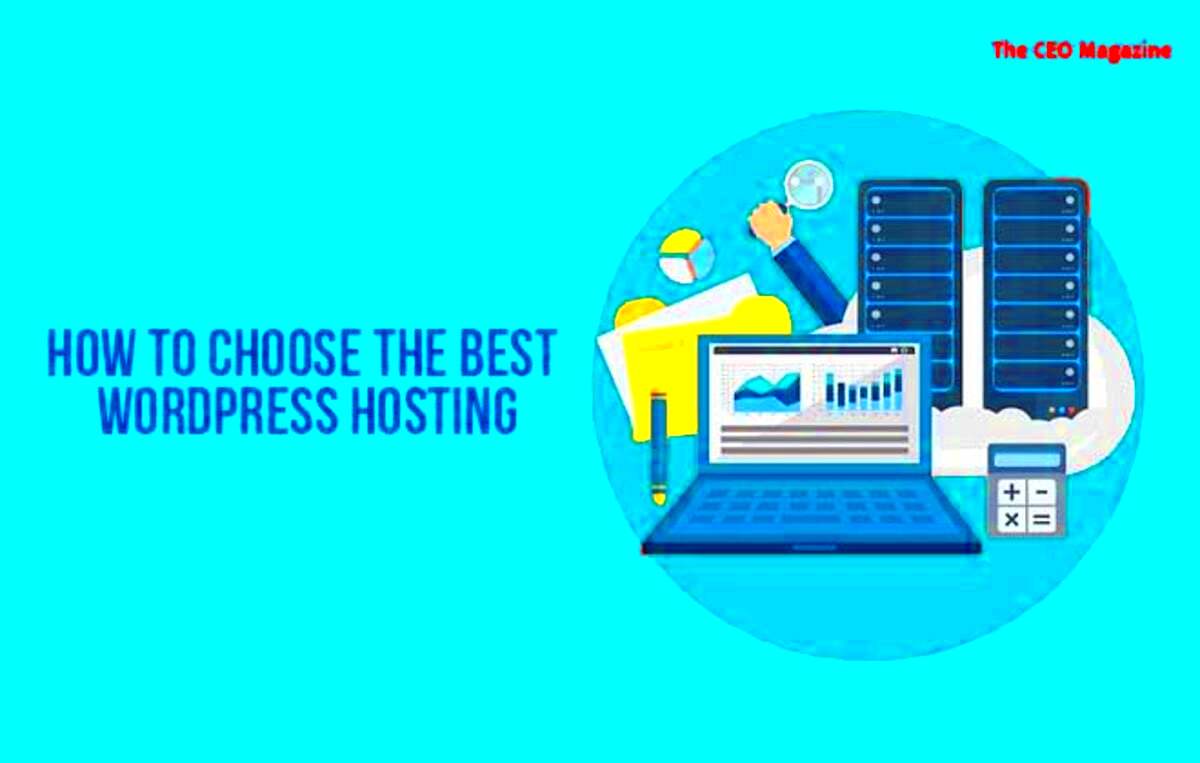WordPress hosting is a specialized service designed to ensure your WordPress website runs smoothly and efficiently. Whether you’re a newbie or an experienced developer, understanding the ins and outs of
To put it simply, WordPress hosting is optimized for websites built on the WordPress platform. Here are some key features to look for:
- Performance: WordPress hosting environments are specially configured to provide faster load times and better server performance.
- Updates: Many WordPress hosts offer automatic updates for WordPress core along with plugins and themes.
- Support: Customer support teams often have in-depth knowledge of WordPress, making it easier for you to resolve any issues quickly.
- Security: Enhanced security measures are usually included, such as firewalls and malware scanning specifically for WordPress.
Overall, choosing a WordPress hosting provider means selecting a service tailored to cater specifically to your website’s needs, so you can focus on creating awesome content without worrying about technical glitches!
Types of WordPress Hosting

When it comes to WordPress hosting, you have several options to choose from, each catering to different types of users and their requirements. Let’s explore the most common types of WordPress hosting and what they offer.
| Type of Hosting | Description | Who It’s For |
|---|---|---|
| Shared Hosting | This is the most economical option, where multiple websites share a single server’s resources. | Great for beginners or small personal sites on a tight budget. |
| Managed WordPress Hosting | These services offer optimized environments specifically for WordPress, including automated updates and backups. | Perfect for users who want a hassle-free experience without technical management. |
| VPS (Virtual Private Server) Hosting | VPS hosting gives you dedicated resources within a shared environment for better performance and more control. | Ideal for growing websites that need more power without the cost of a dedicated server. |
| Dedicated Hosting | You get an entire server dedicated to your website, which provides maximum performance and security. | Best for large websites with significant traffic demands or specific server configurations. |
| Cloud Hosting | This type of hosting uses multiple servers that work together, allowing for excellent scalability and uptime. | Great for websites that experience fluctuating traffic or need high availability. |
When choosing the right type of hosting, consider your website goals, budget, and level of expertise. Each hosting type has unique benefits and can cater to specific needs, so make sure to weigh your options carefully.
Key Features to Look for in Basic Hosting
When diving into the world of WordPress hosting, it’s essential to know what key features to prioritize. Not all hosting services are created equal, and understanding these features can make a significant difference in the performance of your website.
- Speed: A fast-loading website is crucial. Look for hosting providers that offer solid-state drives (SSDs) and CDNs (Content Delivery Networks) to ensure your site loads quickly for users all around the globe.
- Security: Protecting your website from threats is key. Ensure your hosting service includes SSL certificates, firewall protection, and regular backups. These features can help safeguard your site against hacks and data loss.
- Uptime Guarantee: The last thing you want is for your website to be down when users try to visit. Look for hosting services that provide at least a 99.9% uptime guarantee, so your site remains accessible consistently.
- Customer Support: If something goes wrong—because it sometimes does—you want to be able to reach out to someone for help. Look for hosting that offers 24/7 customer support through various channels like live chat, phone, and email.
- Scalability: As your website grows, so will your hosting needs. Choose a host that allows you to easily upgrade your plan without significant hassle.
- User-Friendly Dashboard: If you’re new to WordPress, a simple and intuitive control panel can make a world of difference. A user-friendly dashboard helps you manage your site without getting bogged down by technical jargon.
By keeping these features in mind, you can ensure you make an informed decision when selecting your WordPress hosting.
Assessing Your Website Needs
Before you settle on a basic hosting plan for your WordPress site, it’s crucial to assess your specific needs. Taking the time to evaluate your requirements can save you time, money, and potential headaches down the road.
| Website Type | Key Considerations |
|---|---|
| Personal Blog | Focus on ease of use, low cost, and basic features like speed and security. |
| Business Website | Look for robust security, excellent customer support, and scalability options as your business grows. |
| E-commerce Store | Ensure strong security measures, payment integrations, and high uptime to avoid losing sales. |
| Portfolio Site | Prioritize speed and uptime to showcase your work effectively, along with user-friendly design templates. |
When assessing your needs, consider the following:
- Traffic Volume: Estimate how many visitors you expect. Higher traffic means you might need a more powerful plan.
- Storage Requirements: Think about how much content (images, videos, etc.) you’ll be uploading. Different hosting packages come with various storage limits.
- Technical Skills: If you’re not tech-savvy, opt for a host that provides easy installation and support.
- Future Growth: Consider how your website might evolve. Will you expand its content or features?
By analyzing these aspects, you can choose the right hosting solution tailored to your specific needs and goals.
Comparing Hosting Providers
When it comes to choosing the right WordPress basic hosting for your website, comparing various hosting providers is a crucial step. You’ll find that not all hosting services are created equal, and what suits one website may not suit another. Here are some key aspects to look at:
- Performance and Speed: How fast does the host load websites? A slow host can lead to higher bounce rates. Look for providers that boast fast servers and optimized WordPress environments.
- Uptime Guarantee: A reliable hosting provider should offer an uptime guarantee of at least 99.9%. This ensures your site is live and accessible most of the time.
- Customer Support: Check if the hosting provider has 24/7 customer support. Responsive and knowledgeable support can save you a lot of headaches down the line.
- Scalability: Consider whether the host can grow with you. If you plan to expand your website, look for hosts that offer various plans to accommodate your growing needs.
- Security Features: Make sure the hosting provider includes essential security features, like HTTPS support, firewalls, and regular backups to protect your website from threats.
To help you visualize, here’s a quick comparison table of popular hosting providers:
| Hosting Provider | Performance | Uptime | Support |
|---|---|---|---|
| Provider A | Fast | 99.9% | 24/7 |
| Provider B | Moderate | 99.8% | Email Only |
| Provider C | Very Fast | 99.95% | 24/7 Live Chat |
By evaluating these criteria, you can make an informed decision that best suits your website’s needs.
Cost Considerations
Let’s face it: cost plays a significant role in almost any business decision, including selecting a WordPress basic hosting provider. However, it’s essential not to make budget your only consideration. While it’s tempting to go for the cheapest option available, you run the risk of compromising on performance or support. So, what should you keep in mind when it comes to cost? Here are a few pointers:
- Pricing Models: Understand whether the provider uses a monthly or annual pricing model. Some hosts offer significant discounts for upfront yearly payments, while others operate on a pay-as-you-go plan.
- Hidden Fees: Read the fine print to ensure you’re not getting hit with unexpected charges. Things like migration fees or increased renewal rates can catch you off guard.
- Included Features: Sometimes, hosts that appear cheaper might not include essential features, such as domain registration or SSL certificates, pushing your total cost higher.
- Money-Back Guarantees: A host with a solid money-back guarantee can reduce the risks. If things don’t work out, you can get your investment back within a specific period.
- Long-Term Value: Don’t just look at the initial cost. Consider how the service scales with your needs in the future. A slightly higher price for a more robust provider may save you money in the long run.
Ultimately, balancing cost with quality and support should guide you to the right hosting provider that meets your needs without breaking the bank.
7. Customer Support and Resources
When it comes to choosing the right WordPress basic hosting, customer support is a game-changer. Imagine setting up your shiny new website only to hit a stumbling block—what do you do? This is where a reliable support system shines. You want to ensure that your hosting provider offers various avenues for assistance. Look for options like:
- 24/7 Live Chat: Quick access to help whenever you need it.
- Email Support: Ideal for non-urgent issues or complex inquiries.
- Phone Support: Sometimes, a good old-fashioned conversation can resolve your issues faster.
- Extensive Knowledge Base: A well-organized resource for self-help articles, guides, and tutorials.
Consider also checking the response times for support requests. A fast response isn’t just a nice-to-have—it can save you from extended downtime, especially if you’re running a business. Additionally, dive into their resources; a wealth of tutorials, forums, and community support can empower you to troubleshoot issues and learn more about managing your site effectively.
Lastly, don’t underestimate the importance of user-friendly documentation. A comprehensive FAQ section and setup guides can make a world of difference, especially for beginners navigating the WordPress landscape for the first time.
8. Customer Reviews and Reputation
Your choice of hosting provider can significantly impact your website’s performance, so it’s wise to conduct thorough research. Customer reviews are goldmines of information that can reveal the real story behind a hosting company. Begin your investigation by checking reliable review platforms like Trustpilot, Google Reviews, or even specialized tech forums. Look for patterns in the feedback. For example:
- Are users consistently praising their uptime and speed?
- What are customers saying about the quality of customer support?
- Are there persistent complaints about billing issues or hidden fees?
Reputation matters! Take note of hosting providers with recognized industry accolades or awards. If a company has been in the market for years and has numerous favorable reviews, there’s a good chance they know how to keep their customers happy. However, look out for red flags—an overwhelming number of negative reviews or unresolved complaints can signal trouble ahead.
In summary, don’t just take a host’s word for it; get the real scoop from fellow users. A quick search can save you from making a choice that could lead to headaches down the road. Trust in the community, and make a well-informed decision!
9. Setting Up Your Hosting Account
Congratulations! You’ve chosen a web hosting provider for your WordPress site. Now it’s time to set up your hosting account, and trust me, it’s a smoother process than you might think. Here’s a step-by-step guide to get you rolling:
- Sign Up for an Account: Start by navigating to the hosting provider’s website. Click on the ‘Sign Up’ or ‘Get Started’ button. You’ll usually be greeted with plans that cater to different needs and budgets. Choose the one that best suits your requirements and proceed to create an account.
- Choose a Domain: If you already own a domain, you’ll have the option to enter it here. If not, many hosting providers allow you to register a new domain during the sign-up process. Be sure to brainstorm some catchy names ahead of time!
- Fill Out Your Information: This typically includes your name, email, and payment details. Be cautious to enter the correct information, especially your email, as this will be where you receive important updates and access details.
- Select Your Payment Plan: Most hosting services offer multiple billing cycles, ranging from monthly to yearly. Yearly billing usually comes with a discount, so weigh the options to see what’s more feasible for you.
- Review and Confirm: Before finalizing, review your order. Ensure that you understand all the terms and conditions (don’t just skip to the end!) and that everything looks accurate.
- Set Up Your Account: After confirming, you’ll receive an email with your account details. Use these to log into your hosting dashboard, where you can set up various features like emails, backups, and much more.
And just like that, you’ve set up your hosting account! It’s an exciting step towards launching your online presence. Remember, if you run into any issues, don’t hesitate to contact the customer support of your hosting service—they’re there to help!
10. Conclusion: Making the Right Choice
Choosing the right WordPress hosting for your website is akin to laying the foundation for a beautiful building: get it right, and everything else falls into place. Let’s recap why this decision is crucial and how to ensure you make the smart choice!
- Understand Your Needs: Are you running a simple blog, an e-commerce site, or perhaps a portfolio? Your hosting plan should match your unique requirements. Know what resources you need in terms of storage, bandwidth, and security.
- Do Your Research: Take the time to read reviews, explore comparisons, and learn about various hosting providers. Check platforms like Reddit, Trustpilot, or specialized tech blogs for genuine user experiences.
- Customer Support: Quality customer support can save you countless hours of stress. Ensure that your hosting provider offers timely and effective support options—24/7 support is often a game-changer!
- Performance & Reliability: Look for uptime guarantees. Ideally, you want a provider that offers at least 99.9% uptime. Slow-loading sites can drive visitors away, so prioritize performance in your decision-making.
- Scalability: As your website grows, your hosting needs will likely change. Ensure that your chosen provider offers scalability options, allowing you to upgrade as your site becomes more successful.
In conclusion, selecting the right hosting isn’t just about finding the cheapest plan—it’s all about aligning the service with your current and future needs. So take a breath, conduct thorough research, and make a choice that you’ll feel confident about. Your website will thank you!



